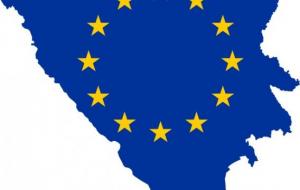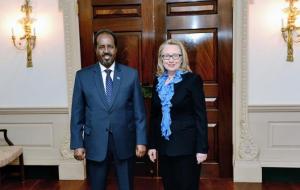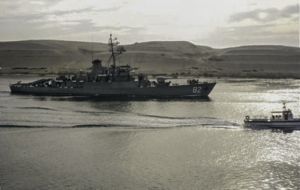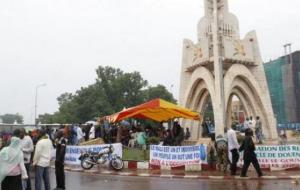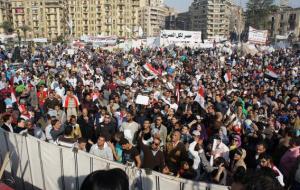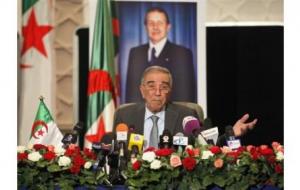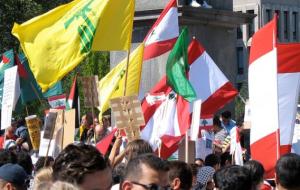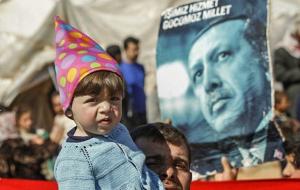The Turkish Spring
Carmen Rodríguez | Apr 08 2013
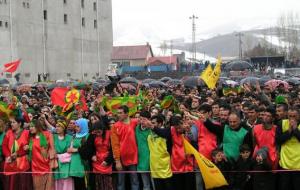
Nevruz, the commemoration of spring's arrival, has special connotations in Turkey this year. On Thursday 21 March, Abdullah Öcalan, leader of the PKK (Partiya Karkeren Kurdistan, the Kurdistan Workers' Party) – labelled a terrorist organisation by the United States and the European Union – announced a ceasefire and called for the PKK's withdrawal from the country.

